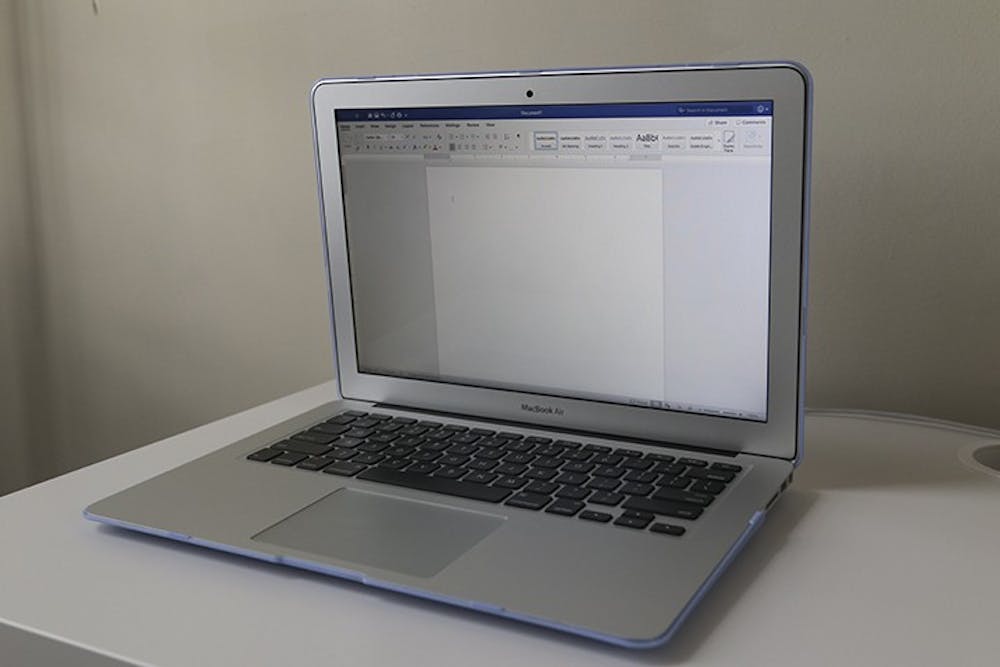College makes burnout almost unavoidable. Characterized by “cynicism, depression, and lethargy,” burnout is the “state of emotional, mental, and often physical exhaustion brought on by prolonged or repeated stress.” It isn’t simply stress, it is the combination of expecting too much of yourself, feeling like your work isn’t good enough and feeling inadequate or incompetent. So, for students who work full time jobs, take over 15 credit hours and have to take care of family lives while dealing with extracurricular activities, burnout could seem like a common occurrence.
In fact, it probably is for many people at USC. Students seem to constantly be going through cycles of overworking and underworking, leading to an exhausted and depressed state of mind. On top of everything else students have to do, dealing with burnout should not be one of them, but in order to properly respond to burnout, there is little you can actually do.
The starting symptoms of burnout — including “reduced efficiency and energy, lowered levels of motivation, increased errors, fatigue, headaches, irritability, increased frustration, suspiciousness, and more time working with less being accomplished” — can allow for people to avoid full-on burnout. Most importantly, you have to figure out what is causing you to become burnt out. After that, the best thing for you to do is rest, try meditation or yoga, but mainly sleep and try and stick to a healthy schedule.
While the best way to treat burnout is to eliminate stressors, that is usually highly unrealistic for most of us. Professors do not take “Sorry, I was stressed” as an excuse, even if they probably should. However, to deal with burnout, the only thing you can do is try your best to avoid it.
Your health should come before anything you do. It may be very hard, especially because some of our lives feel more like obligations than options, but work becomes meaningless if we are too burnt out to do it. So, plan ahead.
The main thing you can do is identify what is causing you stress and what could cause stress in the future. Understand that your work is important but so is your well-being. So, if you know you are going to be taking a full load of classes, maybe cut back on your hours at work. Or if you know you need to focus on your income, make sure your school schedule is not horribly busy. Acknowledge the need to focus on yourself.
Sometimes, the best thing to do during burnout is work. Maybe not something with super high stakes, but something you can do. A symptom of burnout is feeling like your work isn’t good enough, so do something you will feel proud of, or something you know you are good at. Getting your confidence back is part of the journey.
Eventually, everything will even itself back out and all will be well, but sometimes it is hard getting out of that cycle. Burnout can sometimes be very serious and lead to doctor visits and panic attacks, but as long as you are willing to watch for the red flags and be aware of your symptoms, it doesn’t have to go that far.

